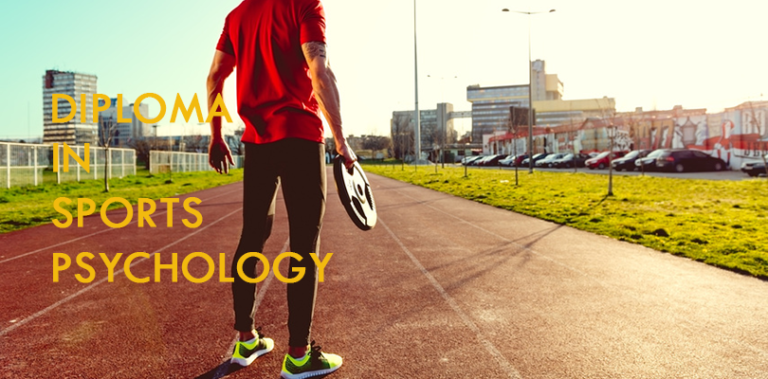This 6-month online course in Sport Psychology will help you gain expertise in this growing field, and provides you with an opportunity to increase knowledge, allowing you to choose a professional career with an excellent employment outlook. Whether you are just starting off, a professional, or an instructor, this course is specifically designed to provide a solid foundation in the fastest-growing field of Sport Psychology.
Course Content:
Unit 1.
- What is sport psychology
- Theories of performance
- Origins of Sports Psychology
- Assessment of athletes
- Skills of a Sports Psychologist
- Neuropsychology and sport
- Motivation theories
- Burnout
- Excellence in coaching
- Arousal and Performance
- Mental conditioning
- Goal setting
- Mental Rehearsal.
- The Relationship between Anxiety and Performance
Unit 2.
How Motivation Affects Sports Performance
Neuropsychology and Sport: An Overview
-
Cognitive-Motor Learning and Skills Acquisition
-
Motivation theories The Cognitive Advantage
-
Motor learning
-
Cognition
-
Attention
-
Kinaesthetic Learning and Styles
Unit 3.
Anxiety, Arousal, and Stress Relationships
-
-
Differentiating among the terms Anxiety, Arousal, and Stress
-
The Multidimensional Nature of Anxiety
-
Antecedents of Anxiety
-
Measurement of Anxiety
-
Time-to-event nature of Precompetitive Anxiety
-
Heart Activity and Heart Rate Deceleration/Variability Biofeedback
-
Sport Psychophysiology
-
Everything you need to know about Sports Biofeedback
-
Unit 4.
Promotion of Wellness through Sport Psychology
-
-
ATHLETES PSYCHOLOGICAL RESPONSE TO INJURY
-
PSYCHOLOGIST ROLE IN PROVIDING SOCIAL SUPPORT
-
PREDICTORS OF INJURY
-
PHYSICAL RESPONSE TO STRESS
-
EMOTIONAL RESPONSE TO STRESS
-
BURNOUT
-
PSYCHOLOGICAL EFFECTS OF INJURY ON THE PSYCHOLOGIST
-
PSYCHOLOGICAL FACTORS OF REHABILITATION PROCESS
-
IMPROVING HEALING PROCESS
-


